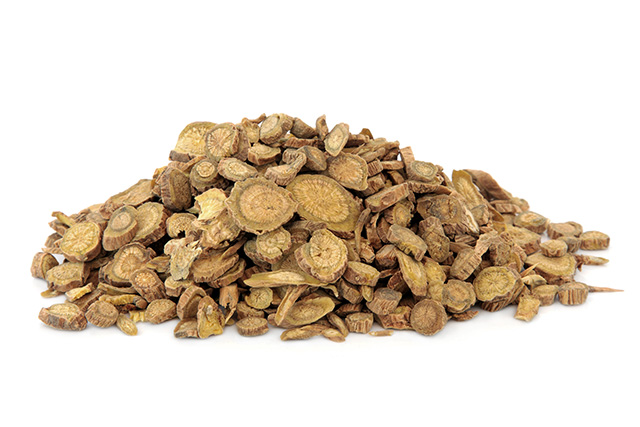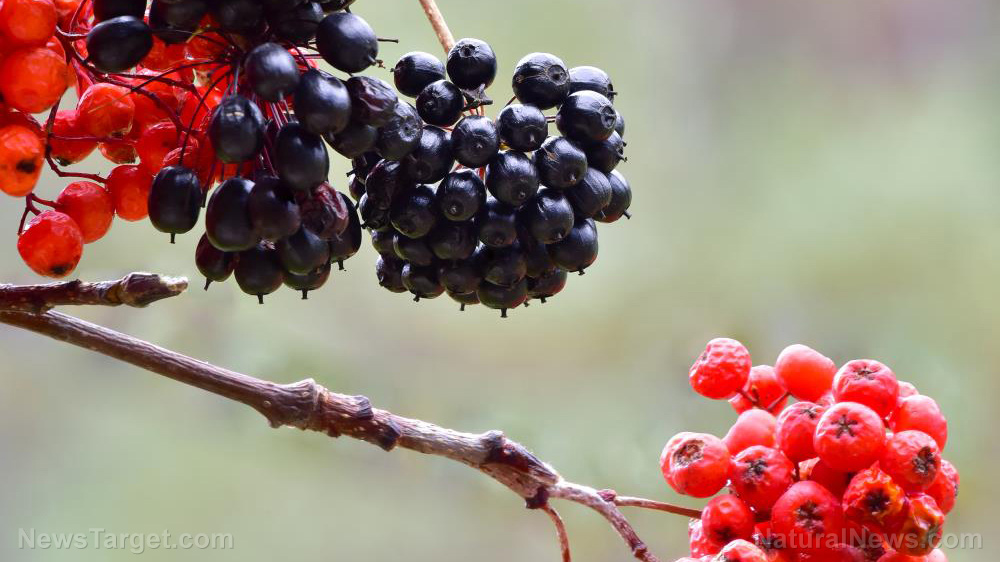Eat these zinc-rich foods for better immune function amidst the COVID-19 pandemic
05/19/2020 / By Divina Ramirez

As COVID-19 continues to infect millions worldwide, experts are scrambling to develop viable treatments for the new disease.
That said, the online statistics portal Statista pegged the total number of recoveries worldwide at 1.3 million, indicating that despite the rapid spread of the Wuhan coronavirus over the past few months, it is possible to recover from it.
Zinc: A powerful micronutrient
In most people, a strong immune response is instrumental in preventing infections and disease. After all, the immune system is the body’s first line of defense against all sorts of viral, bacterial and fungal pathogens.
Given the current pandemic, it is important to strengthen these natural defenses more than ever before. Extensive studies suggest that eating foods rich in certain nutrients and potent plant compounds can help strengthen immune functions against harmful pathogens.
One such nutrient is zinc. This essential mineral is responsible for regulating immune functions and protecting them from age-related decline. Zinc is also known to support a number of crucial cellular processes including cell division, cell growth and wound healing.
Given the importance of zinc, low levels of this micronutrient are often linked to poor immune functions, slow wound healing and even poor appetite. Other issues related to low zinc levels include mood swings, blood sugar issues and reproductive problems.
Foods that are high in zinc
Eating a balanced diet that includes a number of foods rich in zinc can help strengthen the body against infection and disease. Take a look at some of the most nutritious sources of zinc:
Lean meat
Lean, grass-fed meat, such as beef, lamb, pork and veal, is a great source of zinc. Lean meat also makes for an incredible source of protein and essential B complex vitamins like thiamin, niacin and riboflavin. Together, all of these nutrients work to strengthen immune functions and improve overall health.
Shellfish
Several kinds of shellfish including oysters, crabs, shrimps, mussels and lobsters make for great alternatives to red meat. Shellfish are also low in calories, making them perfect for people who might not relish the idea of weight gain from frequent meat consumption. Shellfish are also rich in omega-3 oils that protect against inflammation and oxidative stress.
Legumes
Chickpeas, lentils, black beans and green peas are great plant-based sources of zinc. However, these legumes also contain antinutrients that can interfere with nutrient absorption. This means that zinc from legumes might not be absorbed as well as the zinc from meat and shellfish. That said, legumes are still an important source of zinc and protein for people on vegan or vegetarian diets.
Seeds
Certain kinds of seeds like hemp, pumpkin, squash and sesame contain significant amounts of zinc. Seeds are also chock-full of soluble fiber, “good” fats and antioxidants that help support immune functions. (Related: Chia seeds: A nutritional powerhouse.)
Nuts
Although small in size, nuts are rich in several immune-boosting nutrients including zinc, fiber, vitamin E, iron, potassium, magnesium and several antioxidants. Nuts that contain the highest amounts of zinc include almonds, cashews, pecans and pine nuts.
Milk and cheese
Besides calcium and vitamin D, milk and cheese also boast high amounts of zinc. A full cup of milk contains 1.17 mg of zinc, while a 100 g serving of cheddar cheese can have as much as 0.711 mg of zinc. Swiss cheese also boasts a considerable amount of zinc at almost one mg per slice.
Eggs
One large egg contains 0.6 mg of zinc, just 0.2 mg less than that found in 3 oz of chicken breast. This popular breakfast staple also comes with 77 calories, 6 g of protein and a wide range of immune-boosting nutrients. These include selenium, folate and vitamins A, D and E.
Whole grains
Like legumes, whole grains make for modest sources of zinc despite some problems with nutrient absorption. Some examples of whole grains include wheat, quinoa, oats and brown rice.
Vegetables
Zinc is not as abundant in fruits and vegetables. That said, some vegetables do contain modest amounts of zinc. These include potatoes, spinach, kale, broccoli, mushrooms and garlic. To make the most of these veggies, incorporate them into recipes that use meat, shellfish and other rich sources of zinc.
Dark chocolate
Dark chocolate is not such a popular source of zinc due to its high amounts of calories and sugar. That said, dark chocolate boasts a number of potent antioxidants that help suppress inflammation and harmful pathogens.
A strong immune system can help reduce the risk of contracting or succumbing to COVID-19. Eat more foods rich in zinc and other essential micronutrients like vitamins C and D to enhance immune functions and support overall health during the pandemic.
Sources include:
Tagged Under: alternative medicine, coronavirus, disease treatments, food cures, food is medicine, functional food, immune system, natural cures, natural medicine, nutrients, organics, prevention, zinc
RECENT NEWS & ARTICLES
COPYRIGHT © 2017 ALTERNATIVE MEDICINE NEWS



















